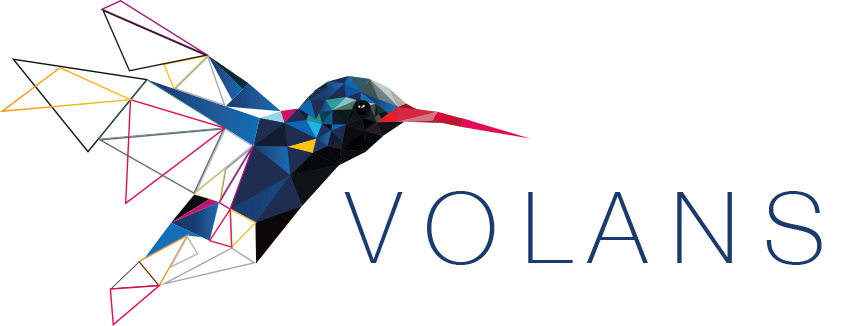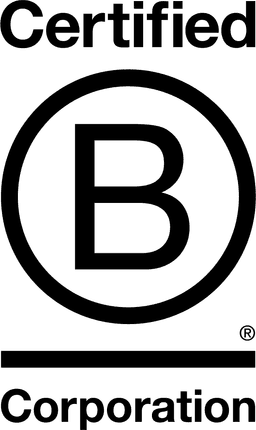

Volans Ventures Limited

City of London, United Kingdom
March 2013
Other professional, scientific & tech
Service with Minor Environmental Footprint
United Kingdom
Founded in 2008, Volans is a think tank and advisory firm operating globally to help business leaders make sense of the emerging future and address global challenges. We work with a select group of clients to unlock the potential of their organisation, create opportunities for market evolution, and design solutions ready to scale. We are professional and objective, but we are not a neutral advisor. We challenge and question, leaning into – and helping our clients lean into – the future we see through our research work and inquiries. Our work always centres around strategic conversations to catalyse action. The process is bespoke to each engagement. Our client relationships are collaborative, and we choose to work with leadership teams with whom there is a mutual chemistry and a shared ambition. Volans became the first British company to certify as a B Corporation in 2013 and ranks top 20 in the 2021 FT Management Consultant Ratings for sustainability. Louise Kjellerup Roper is the CEO of Volans. A successful entrepreneur she has spent her career in innovative businesses, pioneering cradle-to-cradle and circular business models. Louise has reshaped Volans, launching thought leadership initiatives such as Tomorrow's Capitalism Inquiry and Bankers For NetZero initiative.
Overall B Impact Score
Governance 21.6
Governance evaluates a company's overall mission, engagement around its social/environmental impact, ethics, and transparency. This section also evaluates the ability of a company to protect their mission and formally consider stakeholders in decision making through their corporate structure (e.g. benefit corporation) or corporate governing documents.
What is this? A company with an Impact Business Model is intentionally designed to create a specific positive outcome for one of its stakeholders - such as workers, community, environment, or customers.
Workers 29.5
Workers evaluates a company’s contributions to its employees’ financial security, health & safety, wellness, career development, and engagement & satisfaction. In addition, this section recognizes business models designed to benefit workers, such as companies that are at least 40% owned by non-executive employees and those that have workforce development programs to support individuals with barriers to employment.
Community 23.9
Community evaluates a company’s engagement with and impact on the communities in which it operates, hires from, and sources from. Topics include diversity, equity & inclusion, economic impact, civic engagement, charitable giving, and supply chain management. In addition, this section recognizes business models that are designed to address specific community-oriented problems, such as poverty alleviation through fair trade sourcing or distribution via microenterprises, producer cooperative models, locally focused economic development, and formal charitable giving commitments.
Environment 12.2
Environment evaluates a company’s overall environmental management practices as well as its impact on the air, climate, water, land, and biodiversity. This includes the direct impact of a company’s operations and, when applicable its supply chain and distribution channels. This section also recognizes companies with environmentally innovative production processes and those that sell products or services that have a positive environmental impact. Some examples might include products and services that create renewable energy, reduce consumption or waste, conserve land or wildlife, provide less toxic alternatives to the market, or educate people about environmental problems.
Customers 21.4
Customers evaluates a company’s stewardship of its customers through the quality of its products and services, ethical marketing, data privacy and security, and feedback channels. In addition, this section recognizes products or services that are designed to address a particular social problem for or through its customers, such as health or educational products, arts & media products, serving underserved customers/clients, and services that improve the social impact of other businesses or organizations.
What is this? A company with an Impact Business Model is intentionally designed to create a specific positive outcome for one of its stakeholders - such as workers, community, environment, or customers.